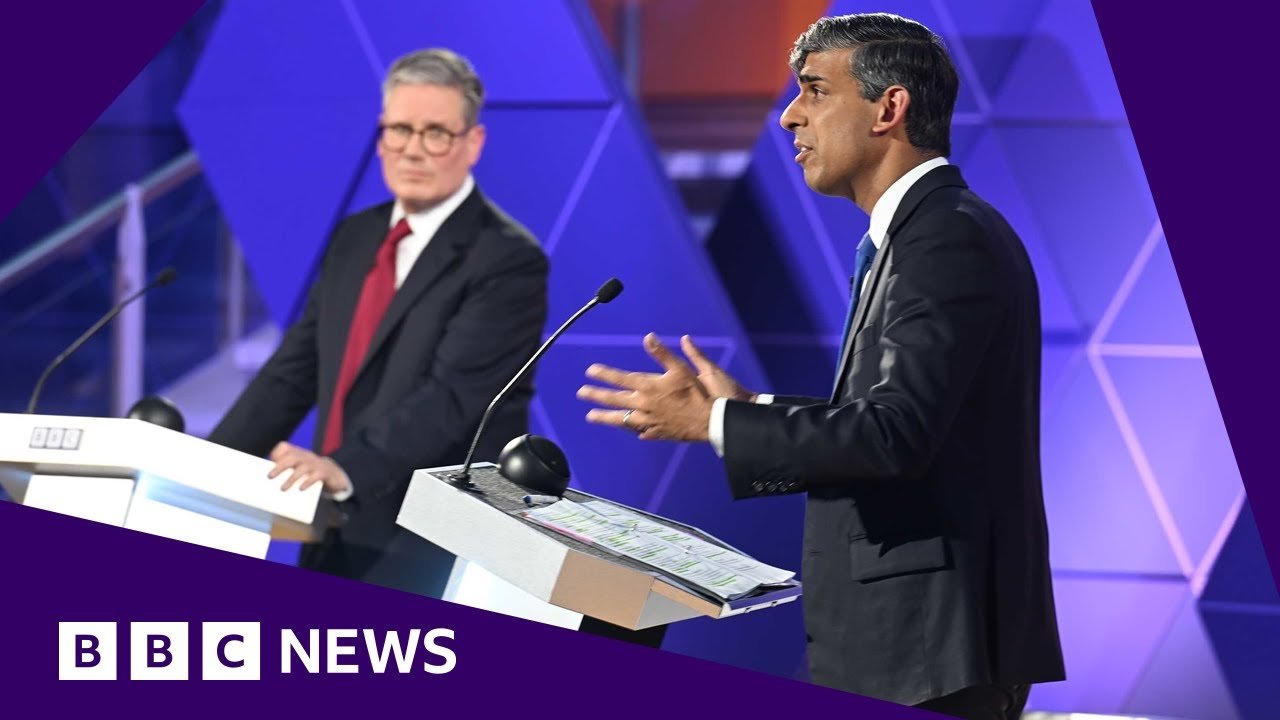- The debate was marked by heated confrontations over tax, immigration, and welfare.
- Both Sunak and Starmer were questioned on their integrity and leadership qualities in politics.
- Immigration and border control were significant topics, with both candidates presenting their approaches to handling illegal immigration and protecting borders.
- The candidates discussed economic policies, with Sunak warning of higher taxes under a Labour government, while Starmer criticized the current government’s economic management.
- Gender and women’s rights were also addressed, with both candidates expressing their views on protecting single-sex spaces.
- Brexit and its implications were discussed, with attention paid to future trade relationships and the economy.
- Both leaders faced criticism from the audience on their suitability and performance potential as Prime Minister.
- Reactions from other political parties highlighted the debate’s narrow focus, with calls for a broader discussion on issues like climate change, the situation in Gaza, and free movement.
- Fact-checking segments post-debate addressed claims made by both candidates, particularly regarding small boat crossings and tax policies.
- The debate did not significantly alter the opinion polls, which show Labour maintaining a lead over the Conservatives.
The British Broadcasting Corporation is a British public service broadcaster headquartered at Broadcasting House in London. Originally established in 1922 as the British Broadcasting Company, it evolved into its current state with its current name on New Year’s Day 1927.
AllSides Media Bias Rating: Center
https://www.allsides.com/news-source/bbc-news-media-bias
Official website: https://www.bbc.com/
Original video here.
This summary has been generated by AI.

Leave a Reply